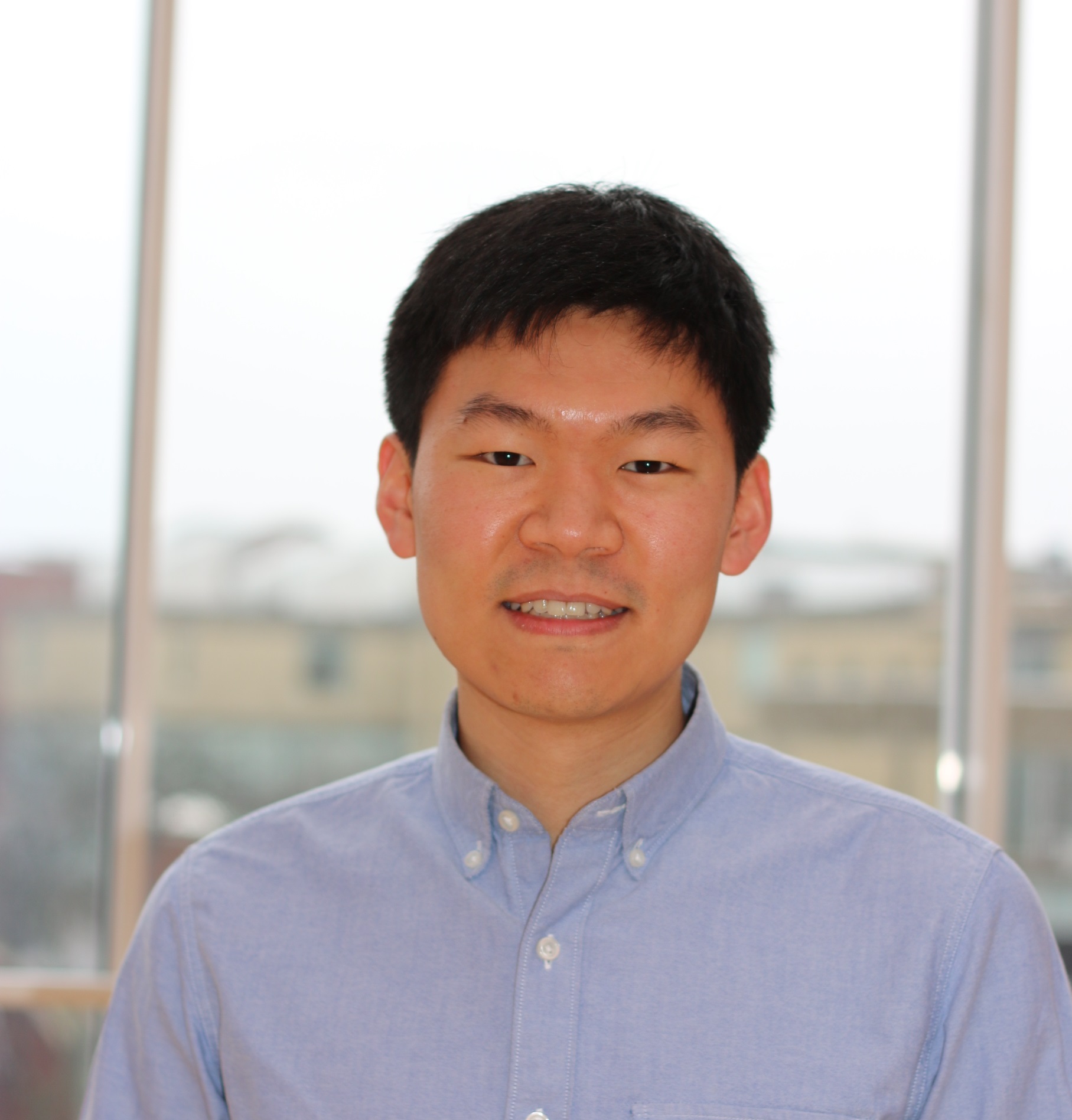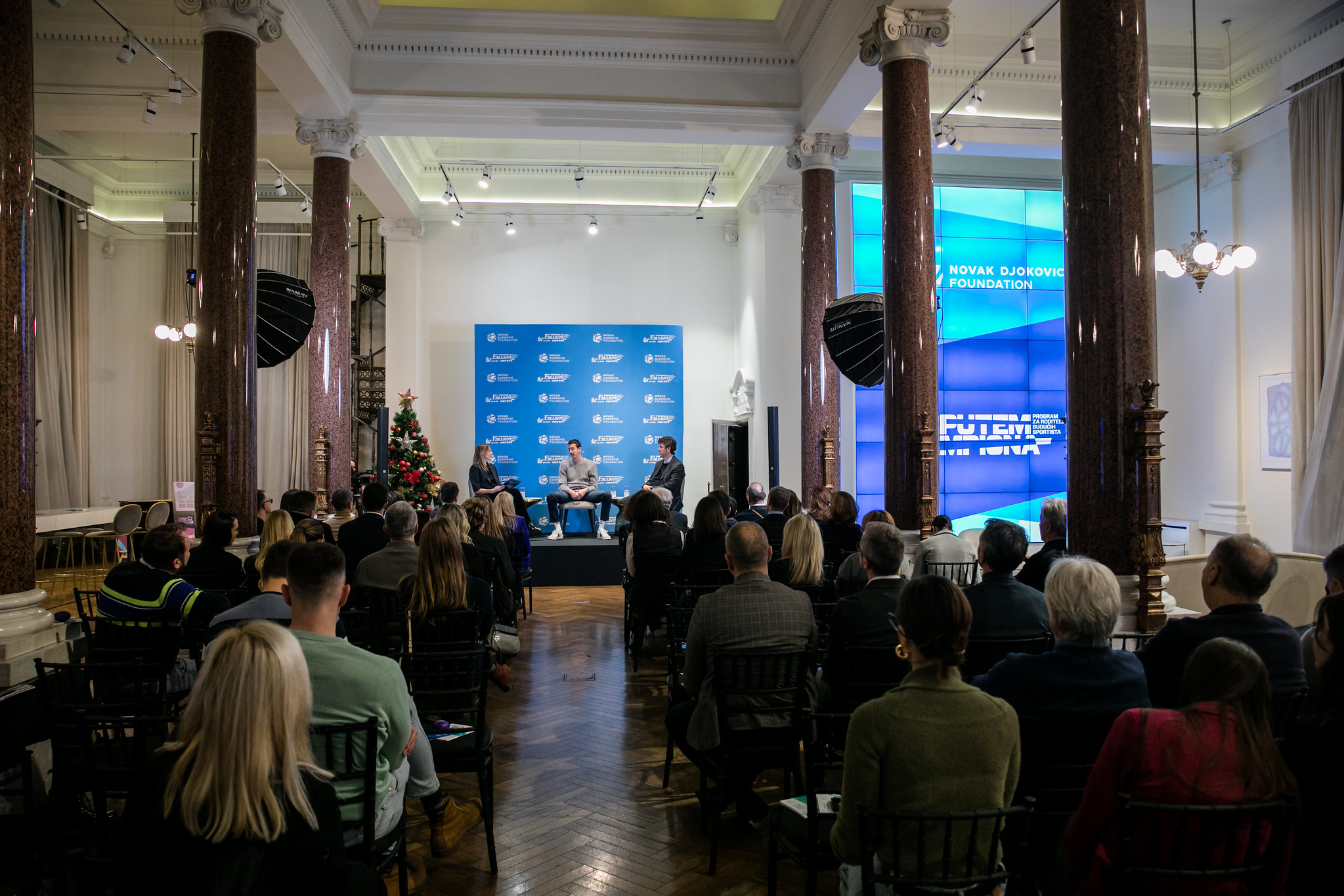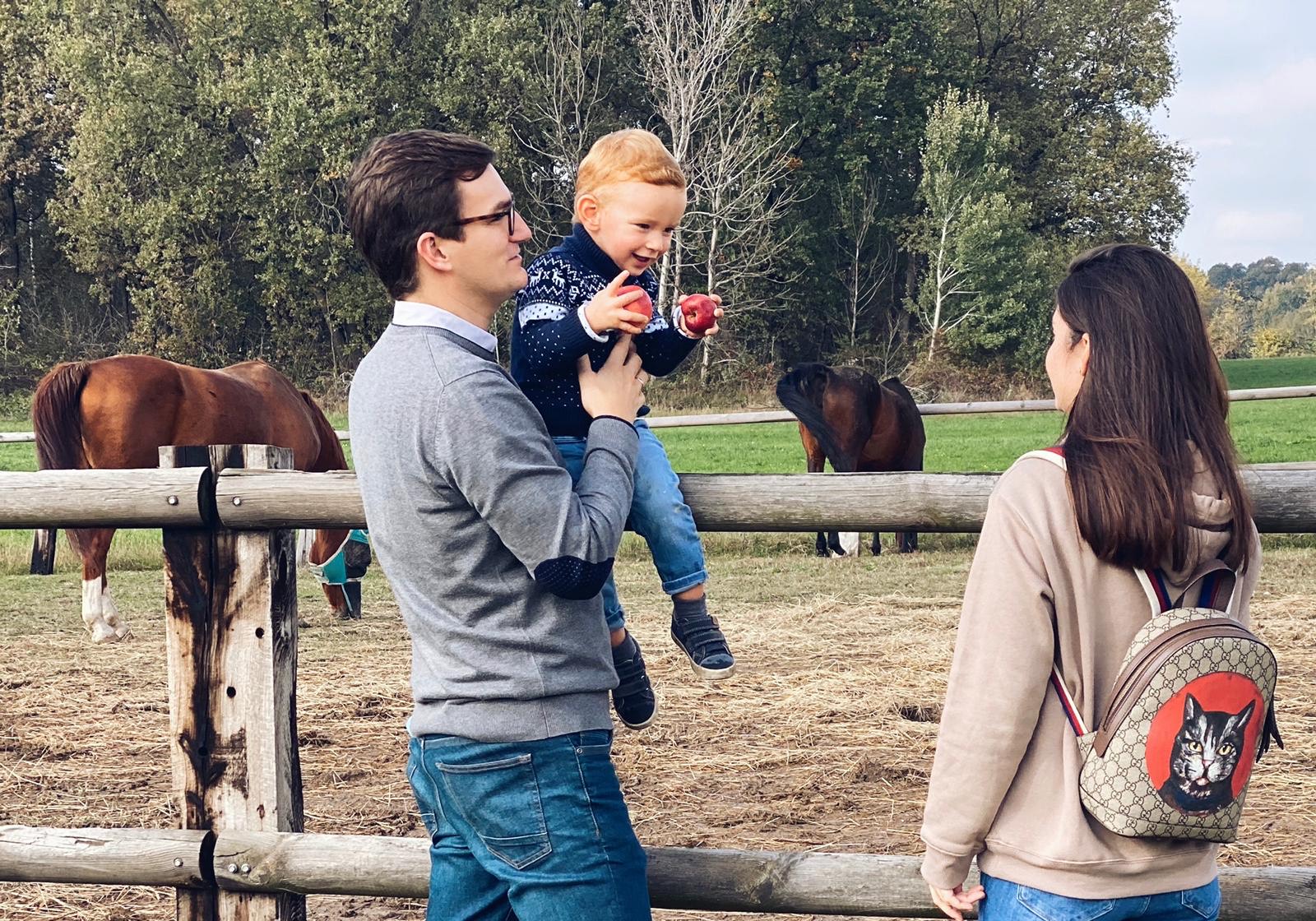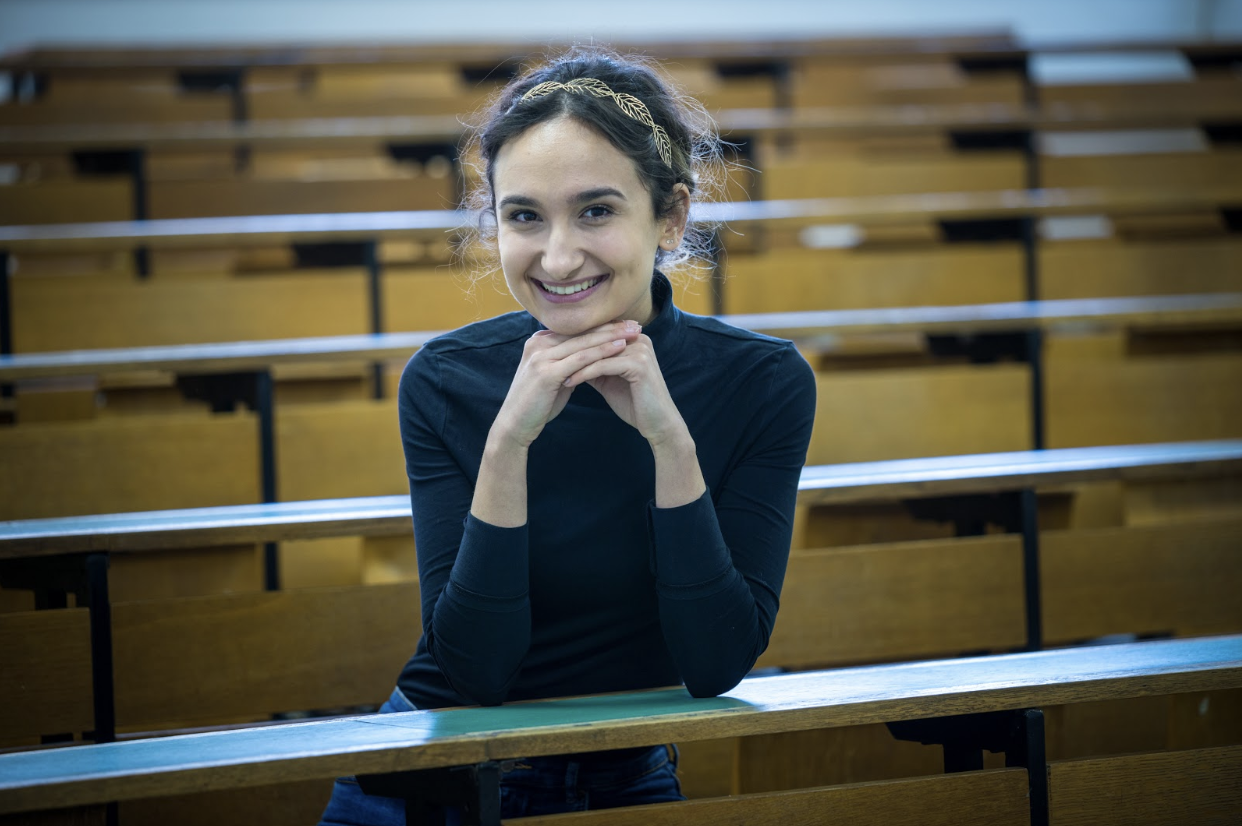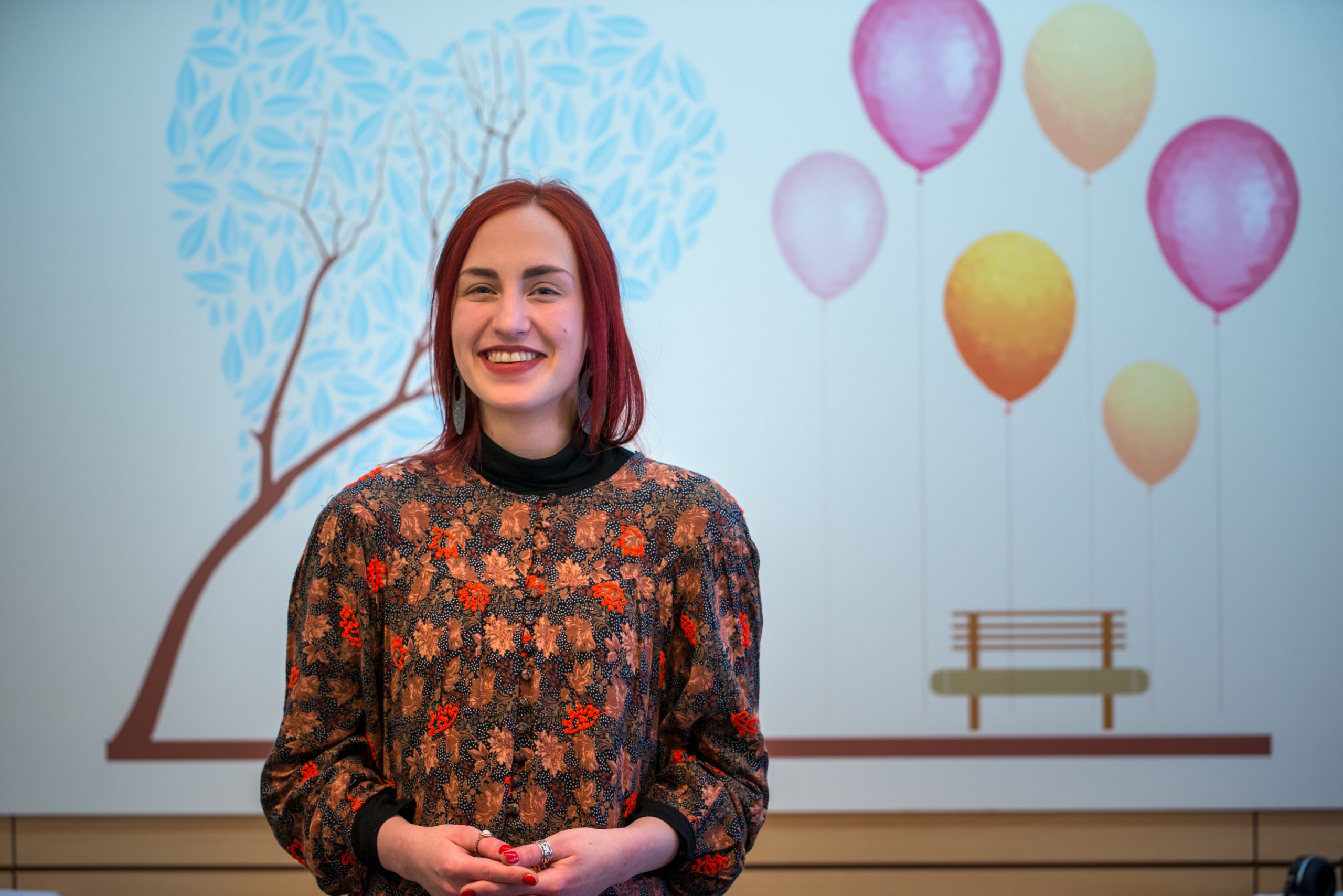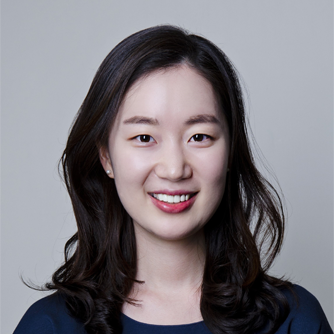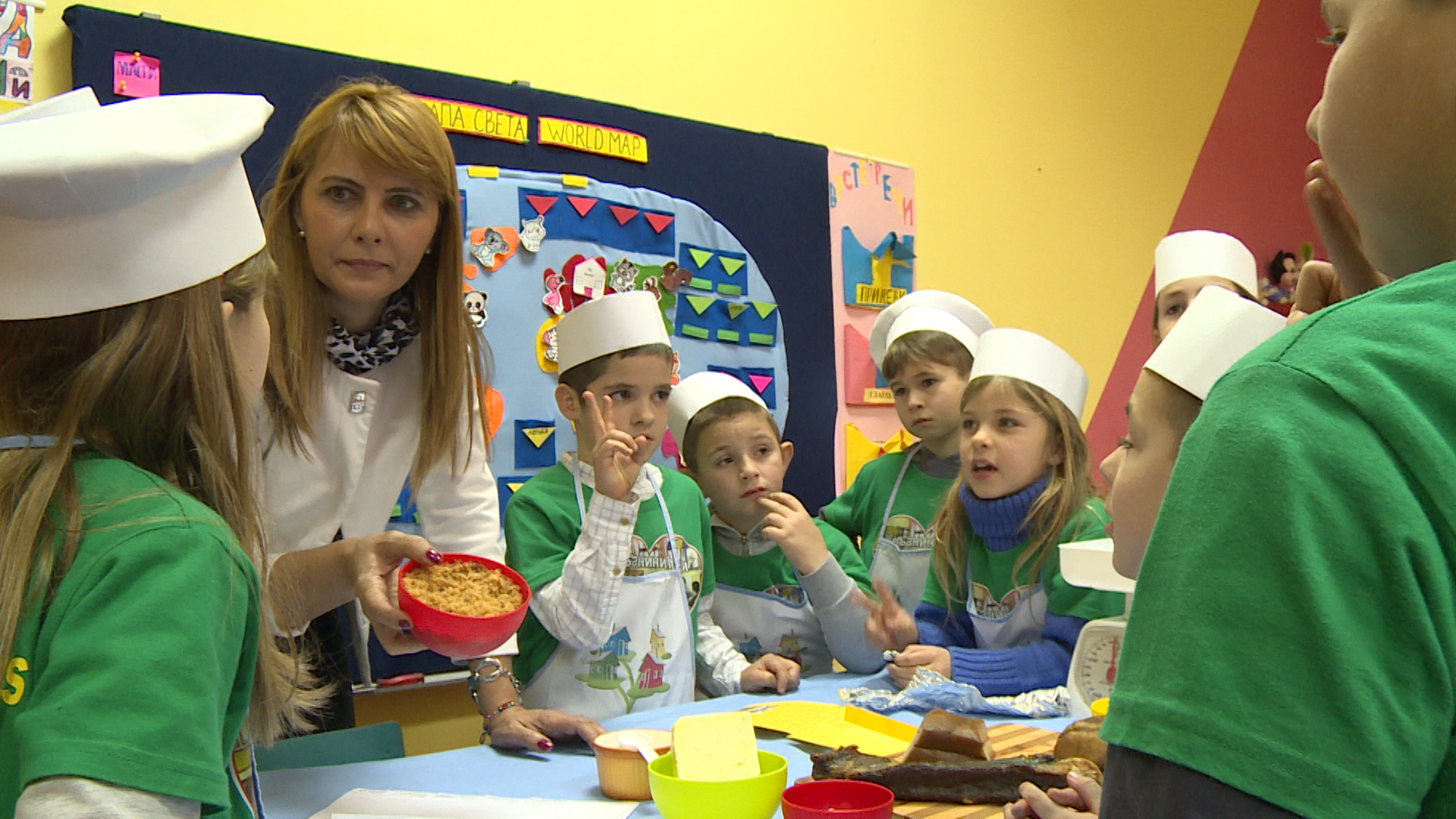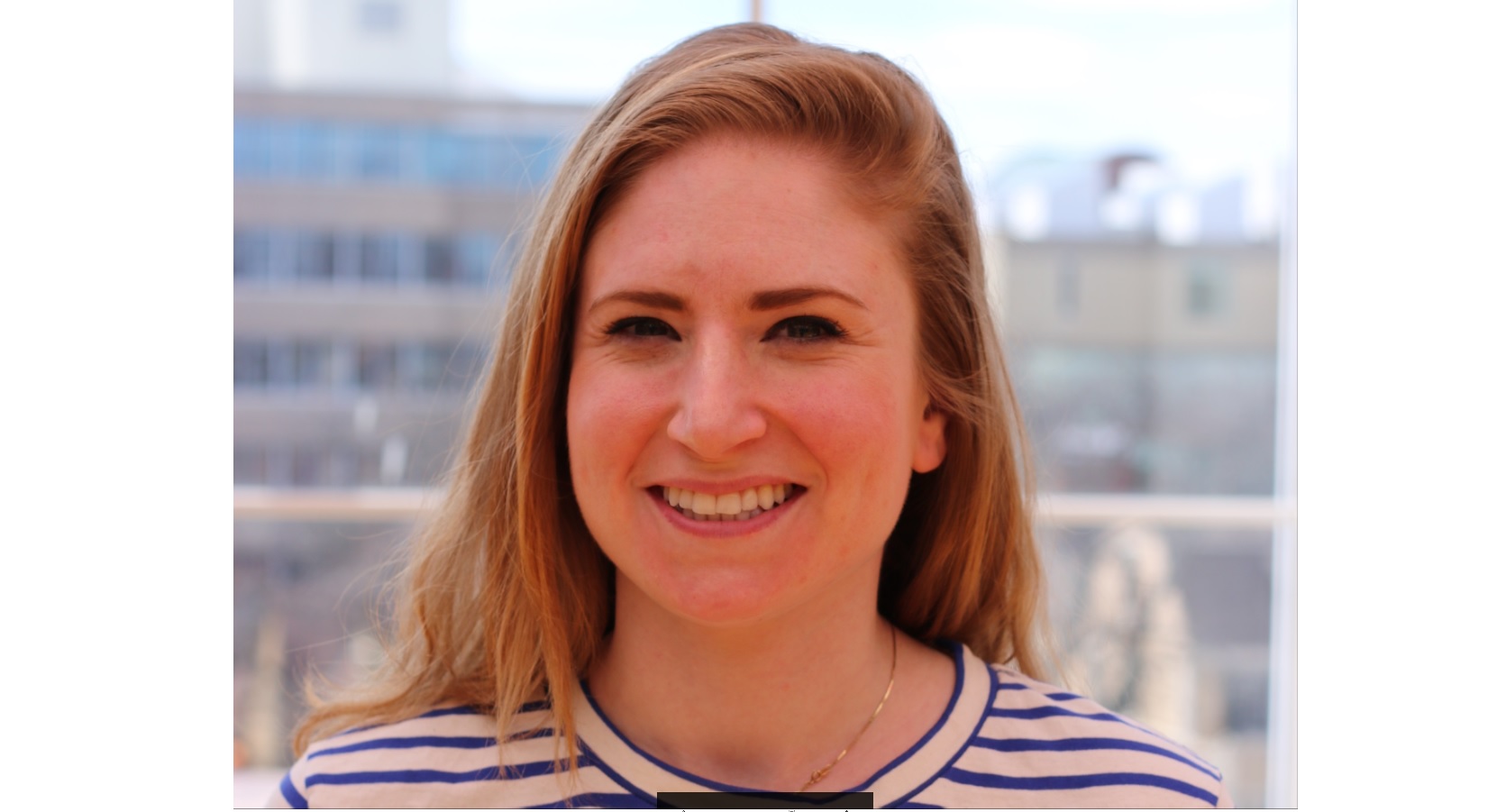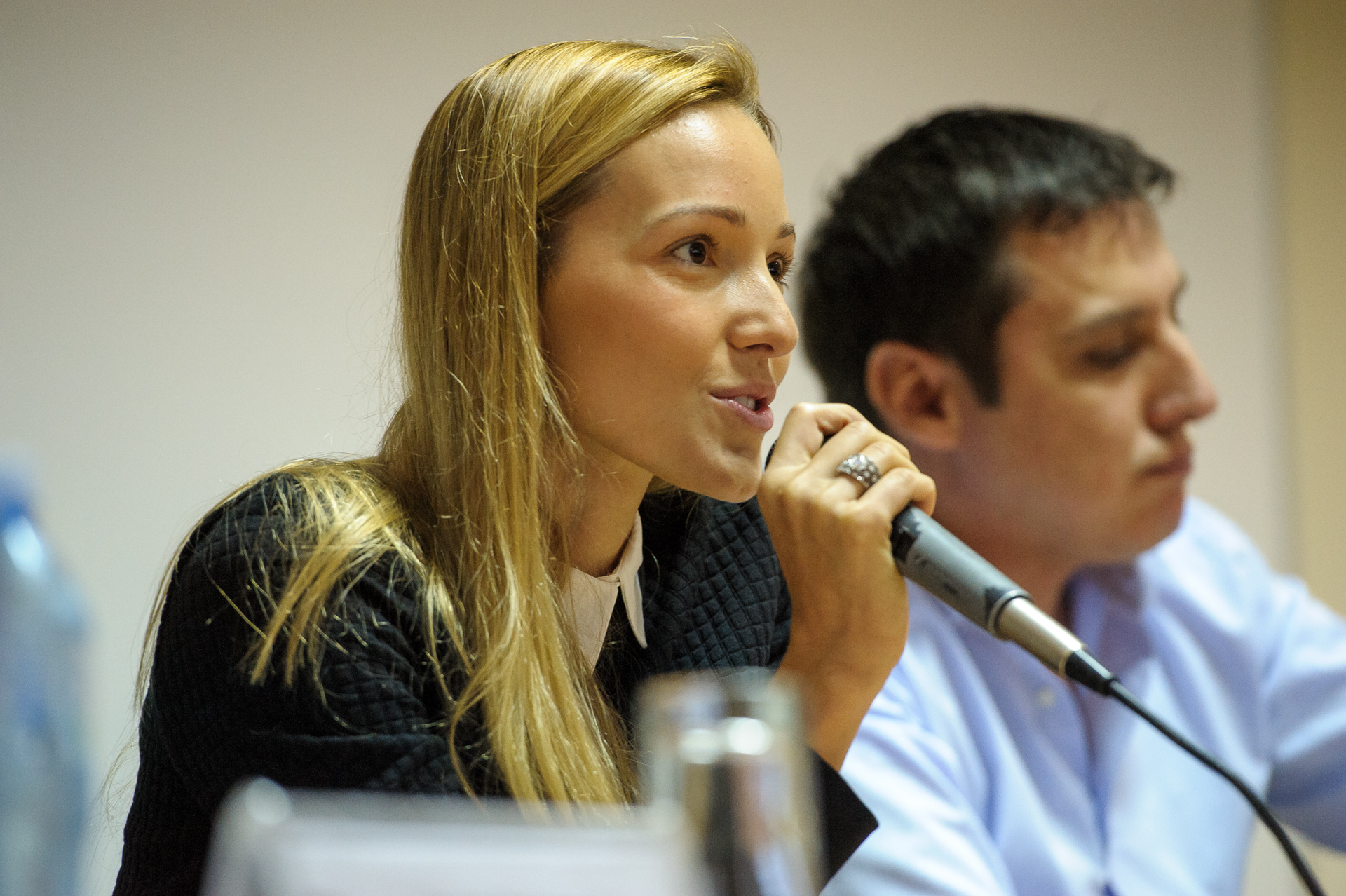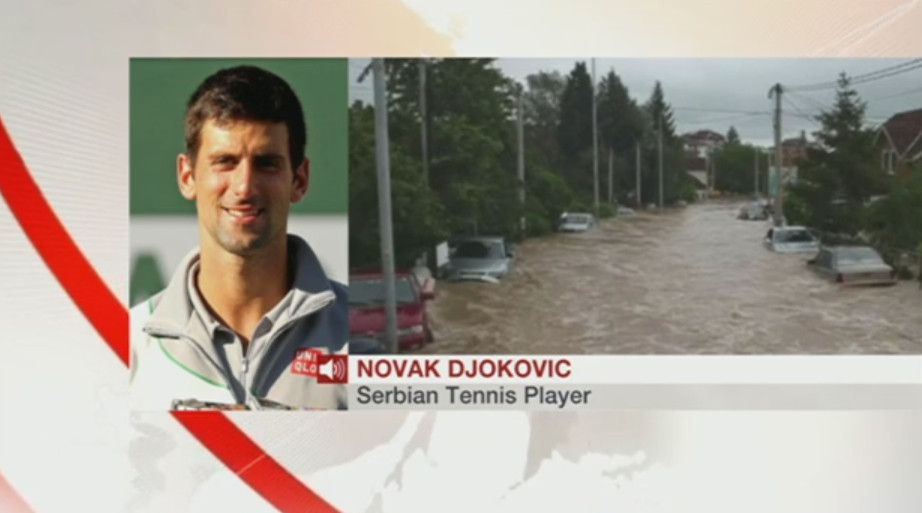The Global CEO of the Novak Djokovic Foundation, Alberto Lidji, sat down with the Fellows to discuss their current research focus and thoughts on the Djokovic Fellowship. Today we hear from Joshua Jeong.
The Novak Djokovic Foundation and the Center on the Developing Child at Harvard University have awarded four Harvard advanced doctoral students the inaugural Djokovic Science and Innovation Fellowship. Sonia Alves, Joshua Jeong, Rebecca Lebowitz, and Linda Zhao are all in the advanced stages of doctoral programs across the university, and will each receive a grant during the 2017-18 academic year to support their groundbreaking research.
– Firstly Josh, I have to extend my congratulations to you. It has been fantastic to meet you and the other successful Fellows and hearing about the work you plan to do. It would be great if you could start by telling me a little about yourself and your research.
– I’m a third-year doctoral student at the Harvard T.H. Chan School of Public Health and my research focuses on early childhood development in Pakistan. I am very interested in understanding how the dynamics within the family system shape children’s development; for example, how a child’s mother and the father influence each other and even co-parent to aid in the development of their children, particularly in the context of low and middle income countries.
I am honoured to have been chosen as one of the Djokovic Fellows and am certain the fellowship program will help amplify my dissertation research, which focuses primarily on the role of fathers.
– How did you decide on your research topic, and why are you interested in early childhood development more generally?
– My undergraduate degree was in Human Development and Psychology. My early academic studies as well as my passions for applying these theories to different populations across cultures and contexts around the world, certainly sparked my current research interests in global early childhood development. However, I think it may be my own family experiences that have underneath it all influenced me the most. My older sister has intellectual disabilities, and my personal experiences growing up in a very fortunate context of a strong, supportive home environment highlighted for me from a very young age the importance of the family unit in promoting child and human development.
Growing up, my parents also took on not-so-traditional caregiving roles – at the time my mom was a travelling concert pianist and my dad, a professor, taught and worked in the evenings to care for us during the daytime. Growing up with my father as my primary caretaker during my early years definitely shaped my current curiosities in understanding family dynamics and parenting relationships that I’ve since been really interested in applying to different cultural contexts around the world.
– Why did you choose this program?
– The program really interested me because it brings together students from different disciplines and graduate schools, and bridges both domestic and international perspectives to thinking about child development. Moreover, the Center has truly lead the science and translation of research on early childhood development to programs and policies here in the United States and around the world. I’m excited to take my research to the next level and learn how to translate it most effectively to impact children and their families around the world. I can’t wait to get started and meet all the other folks here.
– What are your plans in the future? Where do you see yourself heading?
– I’ve still got to decide but I’m currently thinking about whether I want to go into academia or be more field-based, perhaps working with an NGO or an international development organisation. I do enjoy research and I’m finding that I’m always asking and wanting to answer the questions which will make a difference to the lives of young children and their families. There are so many options to consider! But I would love to spend a period of time of my post-doctoral chapter abroad – perhaps with a university abroad or with a group like Save the Children or UNICEF.


